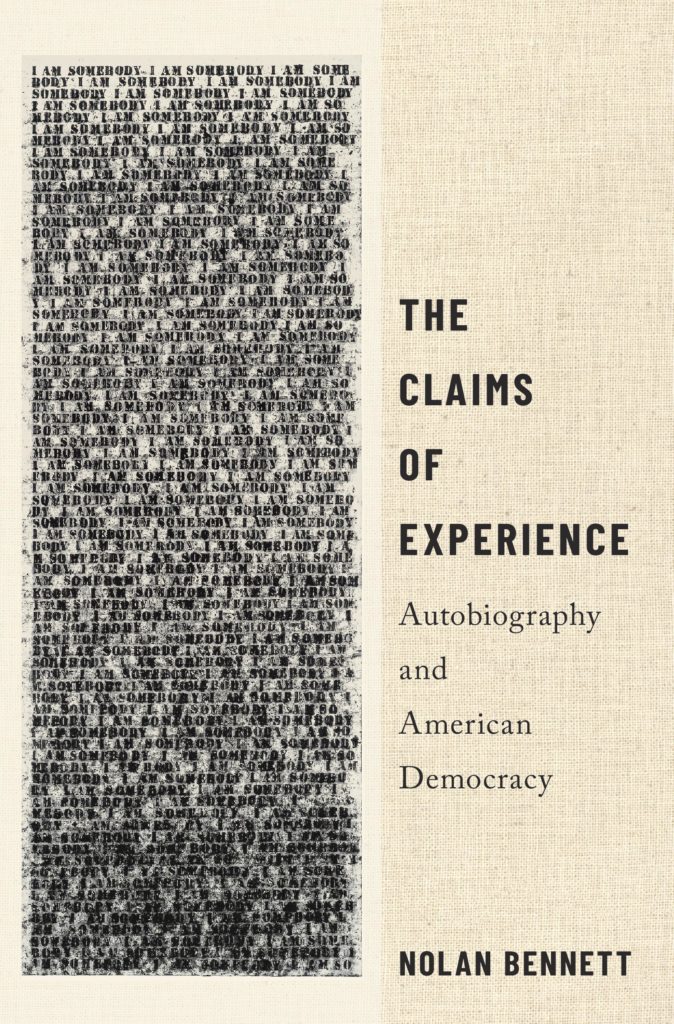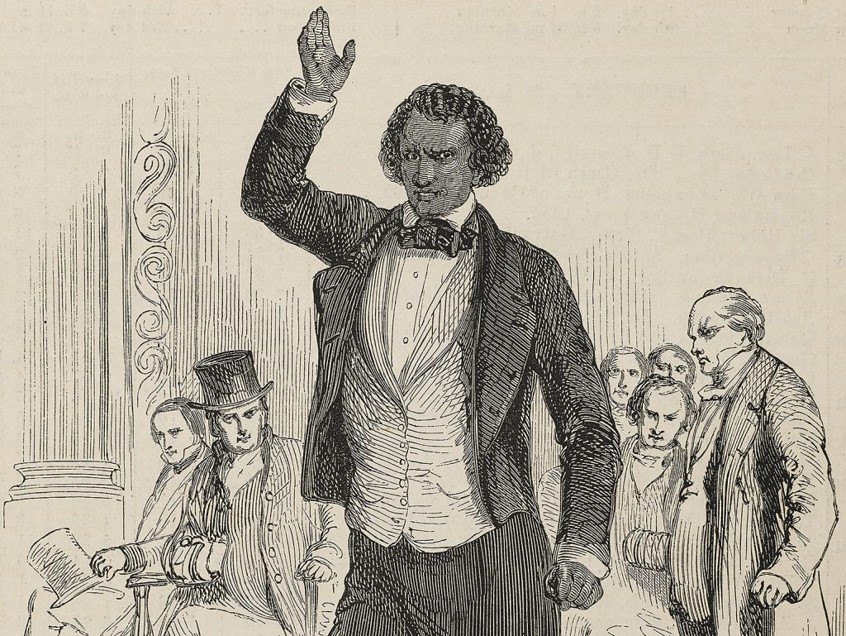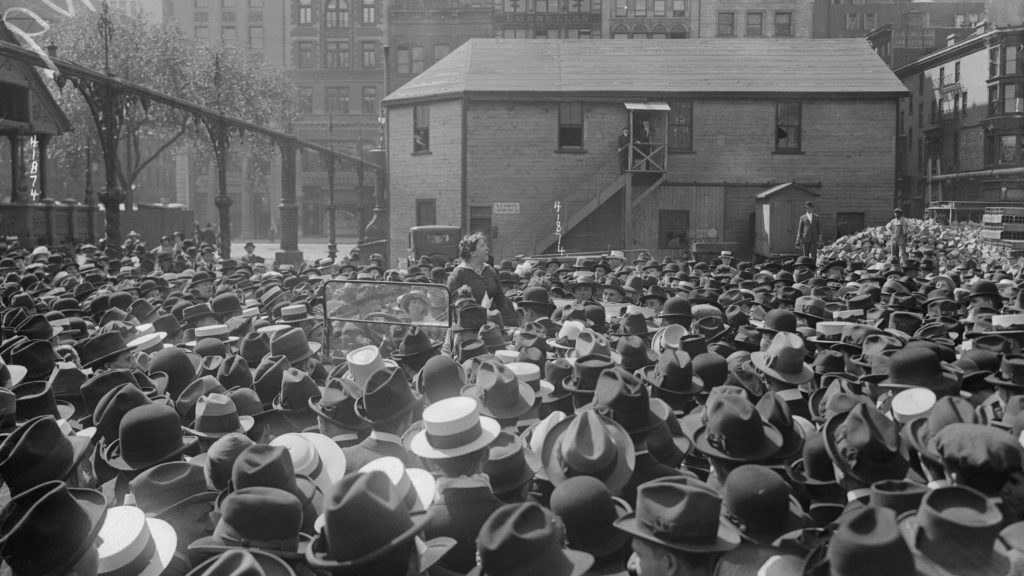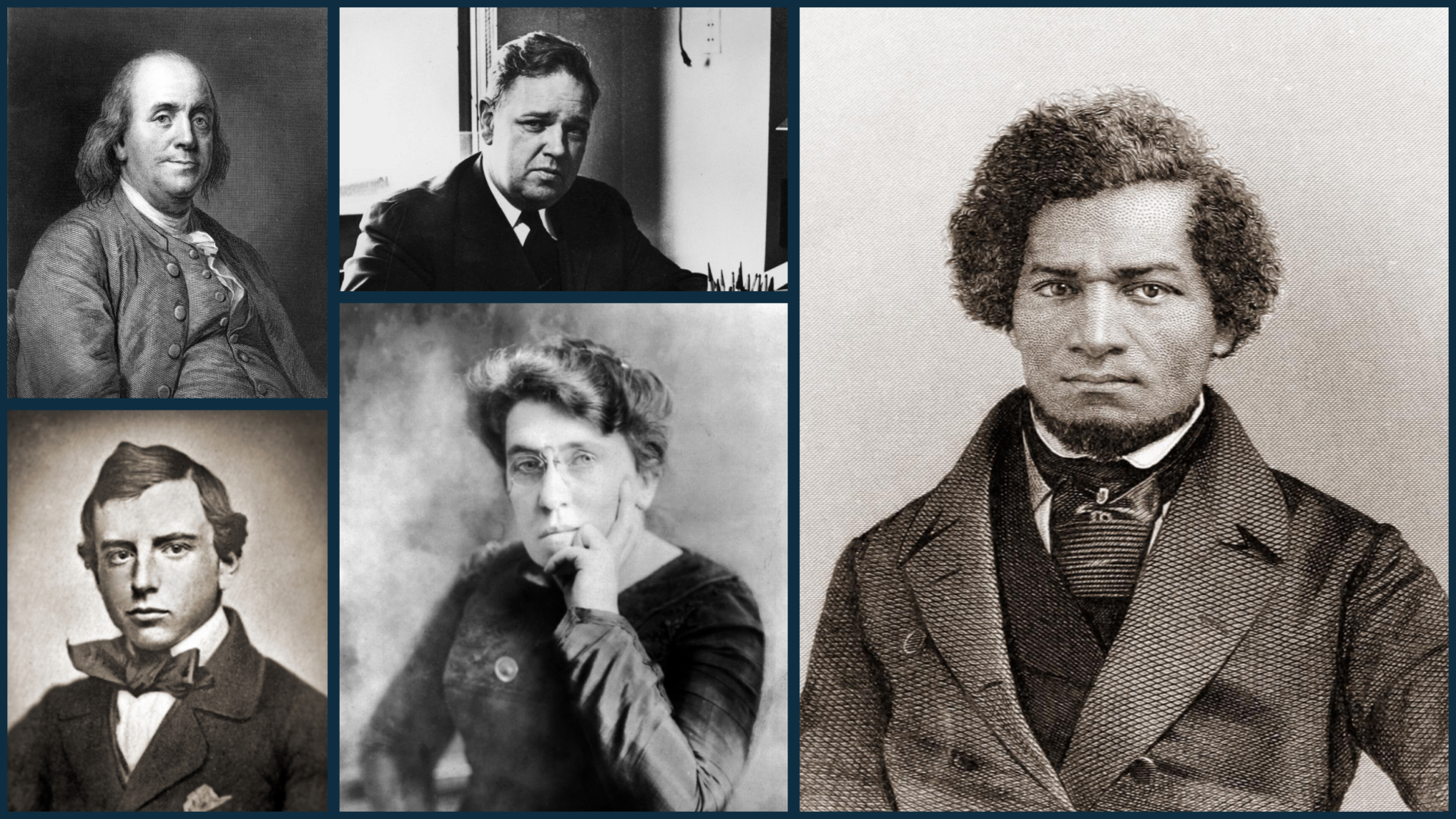Few genres of political writing are as common in the history of the United States as autobiography. In the early years of the republic, new citizens looked to the published lives of founding figures to navigate a nation with only nascent institutions, just as titans of industry guided readers through the growing inequalities of the Gilded Age at century’s end. During the antebellum, the formerly enslaved bore witness through slave narrative, just as the incarcerated speak from experience in the “neo slave narratives” published today. Immigrants testify on what it means to be American across centuries. Conservatives narrate their conversions to and from communism in the Cold War and after. In the twentieth century nearly every president published a personal narrative, and today we witness a massive proliferation of political memoirs.
Why have so many figures throughout American history told their life stories when confronted by great political problems? The Claims of Experience provides a new theory for what makes autobiography political throughout the history of the United States and today.
Across five chapters, I examine the democratic challenges that encouraged a diverse cast of figures to bear their stories: Benjamin Franklin amid the revolutionary era, Frederick Douglass in the antebellum and abolitionist movements, Henry Adams in the Gilded Age and its anxieties of industrial change, Emma Goldman among the first Red Scare and state opposition to radical speech, and Whittaker Chambers amid the second Red Scare that initiated the anticommunist turn of modern conservatism.
These people made what I call a “claim of experience.” By proclaiming their life stories, these authors took back authority over their experiences from prevailing political powers and called to new community among their audiences. Their claims sought to restore to readers the power to remake and make meaning of their own lives.


Whereas political theorists and activists have often seen autobiography to be too individualist or a mere documentary source of evidence, this theory reveals the democratic power that life narratives offer those on the margins and in the mainstream.
If they are successful, claims of experience summon new popular authority to surpass what their authors see as the injustices of prevailing American institutions and identity.
I show through historical study and political theory how this renewed appreciation for the politics of life writing elevates these authors’ distinct democratic visions while drawing common themes across them. This book offers both a method for understanding the politics of life narrative and a call to anticipate claims of experience as they appear today.

The Claims of Experience can be ordered through Oxford University Press or Amazon, in hardcover and paperback. It has been reviewed positively by Rogers Smith in The Review of Politics, Adam Dahl in Political Theory, and Susan McWilliams Barndt in Perspectives on Politics.
